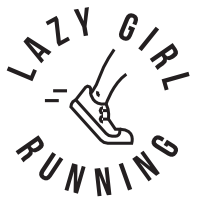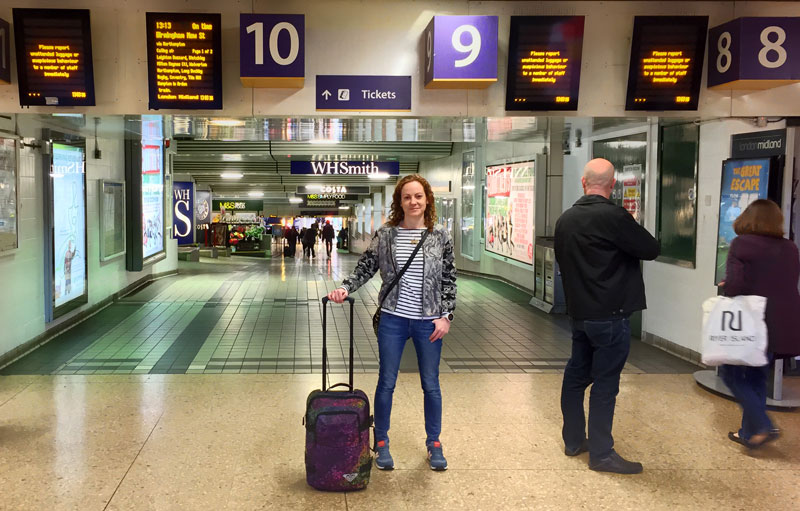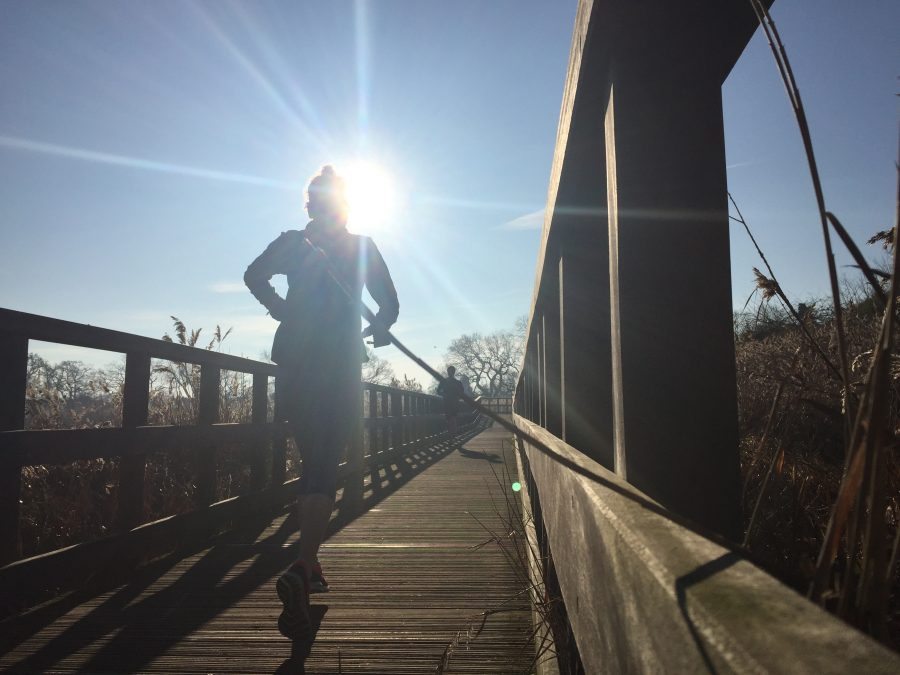On Saturday I spent the morning giving a talk to a group of 60 runners taking on the London Marathon for Breast Cancer Care and the Prostate Cancer UK. Some of the runners already had a marathon (or 22 in one woman’s case) under their belt but the majority were marathon virgins.
They listened attentively, laughed convincingly at a few of my jokes and asked questions. Without exception, the questions were about the big day itself – what to eat, what to drink, what to wear. The day itself is no different to training runs – there’s just a big clock at the point where you stop and a load of people clapping as you run past. What you do on race day should be no different from what you do in training – apart from carrying on for another six miles or so.
Training runs are about more than getting the strength and stamina in your legs ready for race day, they’re a time when you work out what works best for you in terms of eating, drinking, clothing, pacing and motivating yourself to go that little bit further. To experiment, to get things wrong and to make the mistakes that you won’t then make on the big day.
This year I’m following the FIRST training plan. It works on the principle of doing just three runs a week but running them faster than a standard training programme would ask you to. I run speed intervals, a tempo run and a long run at race pace every week plus cross training.
Ever time I look down at the training plan before a session I think to myself ‘There’s no way I’ll be able to do that’. And then I usually do it. Each run ticked off the plan is a huge confidence boost – not just in getting the miles done and getting another run closer to the marathon, but in making me believe that my lofty goal of 3 hours 40 minutes might not be that improbable after all.
Training is the hard bit. We know that if you can make it to the start line of a marathon we’ve got a 97% chance of completing the thing. But we focus a lot more on the 26.2 miles at the end of training than the hundreds we clock up on the way there.
Have confidence in the training miles – they’re making you stronger, fitter, and more prepared for your race than you give them credit for. You might struggle with marathon pace today because you’re not ready to run your marathon today – which is lucky because it’s not a for another few weeks. Give it time, trust your training, take risks, make mistakes and try to have fun.





I’m training for my second half at the moment (whilst harboring secret ambitions of doing a full marathon at some point) and this post has come at a great time – I needed a little bit of motivation to get me to go out and run hard this evening. Thank you Lazy Girl!
As I’m just about to start finding out how to train for my first halfmarathon, your thoughts on training came in handy. Just as Katie wrote in her comment above, motivation is strongly needed. Or perhaps an idea of how to get out of the starting block at all. I know how to run, and I know what my target is, but all the practicalities inbetween need to be sorted out in my head, before I can make my programme. So, again, your post came just at the right time.
Wise words!!! Thank you. You’re right, it’s so easy to forget that you do the running every weekend, not just on the day. Let’s hope this will get me through to the 28th of April! 😉
I like the idea of running at race pace during your long run. It’s always made a lot of sense to me but most training plans don’t use this technique. I might give it a whirl! When I do my marathon pace runs, I often worry that my body will be horribly shocked on race day when it realises it has 26.2 miles to cover, and not 6.
Off to change my training plan around…
Good luck with FIRST. I’m loosely following the same plan now, with a view to following it more specifically once I start training for the Brooklyn Half. Appeals to the injury prone side of me, as 3 runs a week plus 2 X-training sessions must be easier on my body. Please keep us updated on your FIRST progress – am very interested to know how it goes! Lindsay x
Thanks guys. Glad it was helpful.
Lindsay – I switched to FIRST in the run up to Venice after two injuries. I too seem to break down with 4+ runs a week. It worked pretty well then although I was less strict with it then. Will keep you posted on how it goes.
Liz – the marathon pace long runs are big confidence boosters. Only concern might be overtraining if you do them accompanied by high weekly mileage.
Hey now! May I ask what made you decide to try FIRST? I too have trouble with the idea of not doing one’s long run at race pace.
Hey Chris. I was getting into triathlon and found that FIRST gave me plenty of time to swim and cycle during the work too.